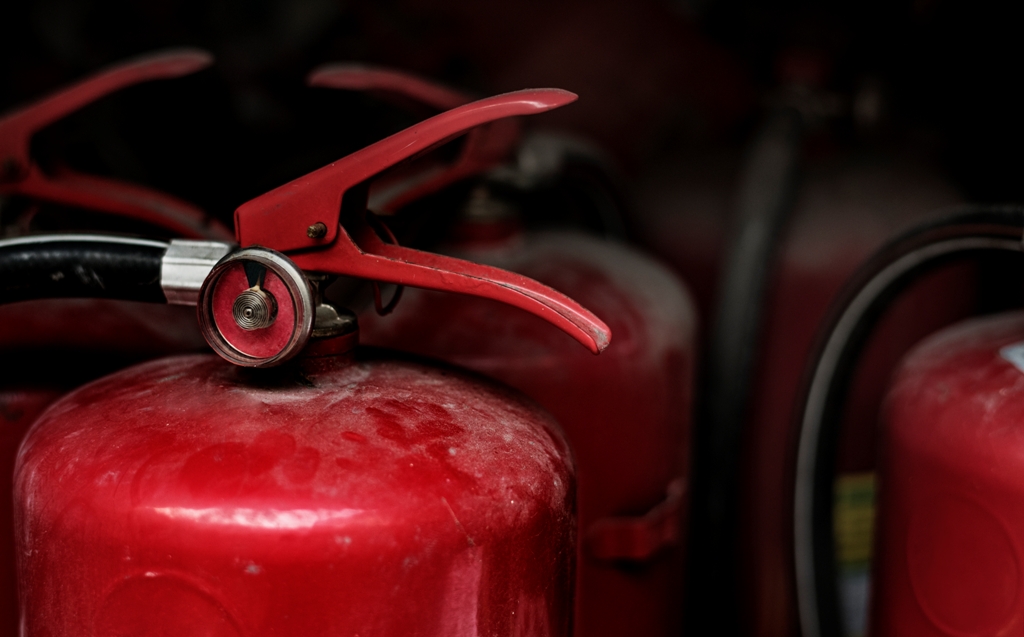Workplace fires remain a significant threat to life, property, and business continuity in Nigeria. From electrical faults and oil leakages to improper storage of flammable materials, fire risks exist in nearly every sector—from banking halls to oil depots. According to the Lagos State Fire and Rescue Service, over 1,164 fire incidents were recorded in 2023 alone, with millions of naira worth of property lost. Tragically, many of these fires could have been prevented with proper safety training and precautions.
A major challenge is the absence of fire safety protocols in many workplaces. Fire extinguishers, when present, are often expired or inaccessible. Many staff members don’t know how to use them correctly. Fire alarms are either non-functional or absent entirely, and few offices conduct routine fire drills. These gaps in preparedness turn minor incidents into major disasters.
Every organization should have a tailored fire safety policy that includes routine checks, staff training, and fire evacuation procedures. Staff should be trained on the proper use of extinguishers, identification of fire hazards, and protocols for raising alarms and executing safe evacuation. In high-risk environments like factories and petrol stations, fire marshals should be appointed, and equipment should be routinely serviced.
Nigerian laws such as the Fire Service Act and the National Fire Safety Code mandate compliance, but enforcement is inconsistent. Organizations must take a proactive approach to fire safety not just for legal compliance but to protect lives and assets. Investment in fire safety training is a small cost compared to the losses from even a single fire incident.
Globally, countries with high compliance rates in fire safety have seen dramatic reductions in workplace fire fatalities. Nigeria has the capacity to achieve similar success—starting with awareness, training, and commitment to best practices. Fire doesn’t discriminate; preparation is the only defense.





